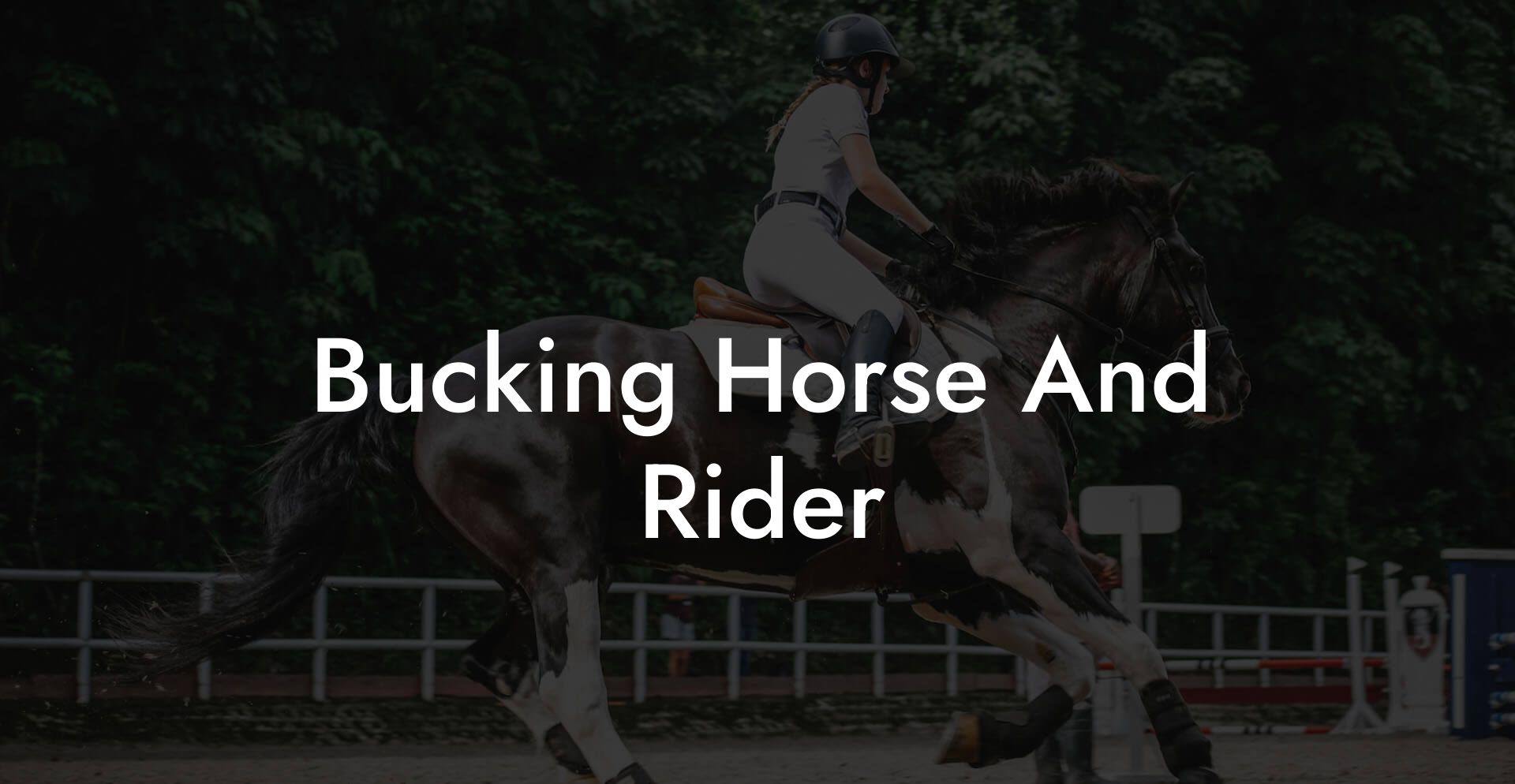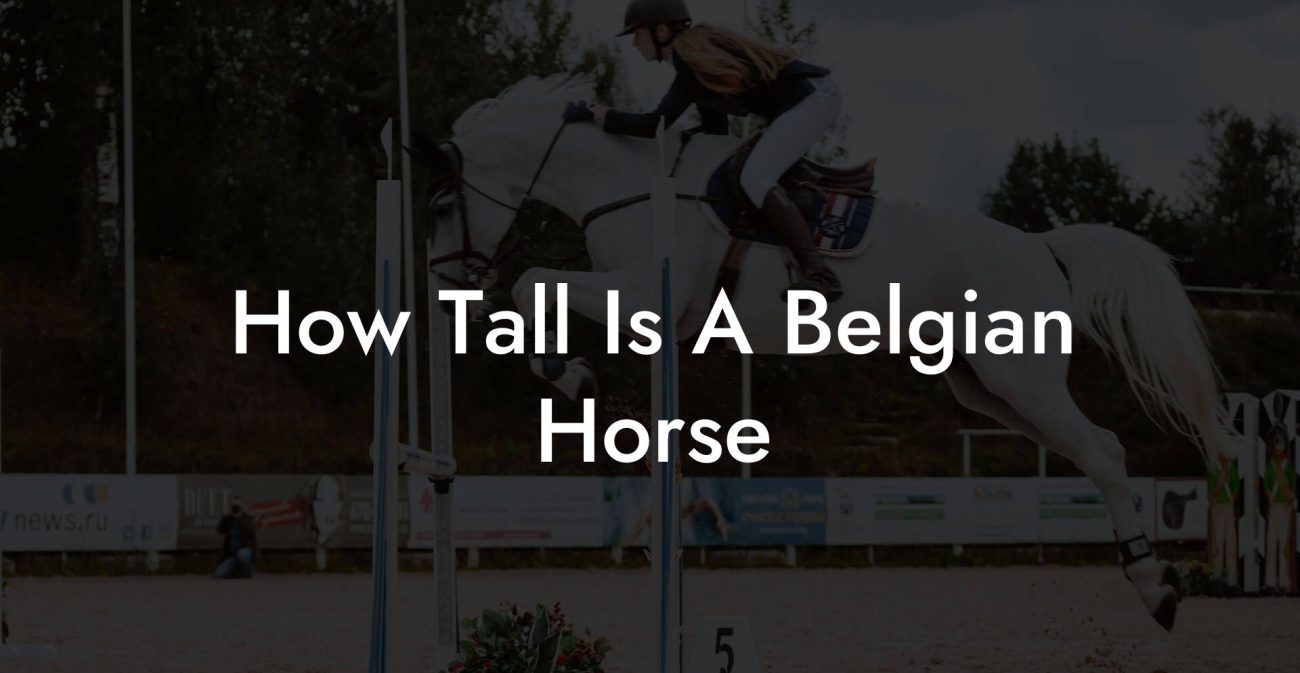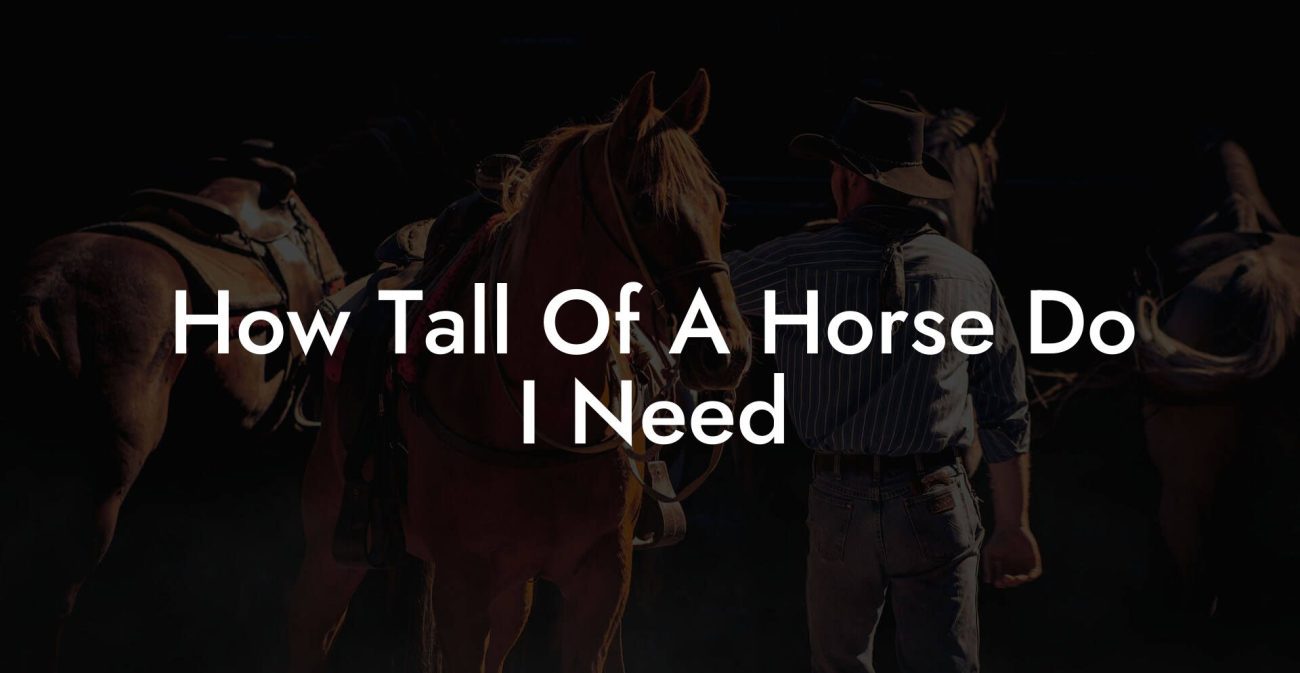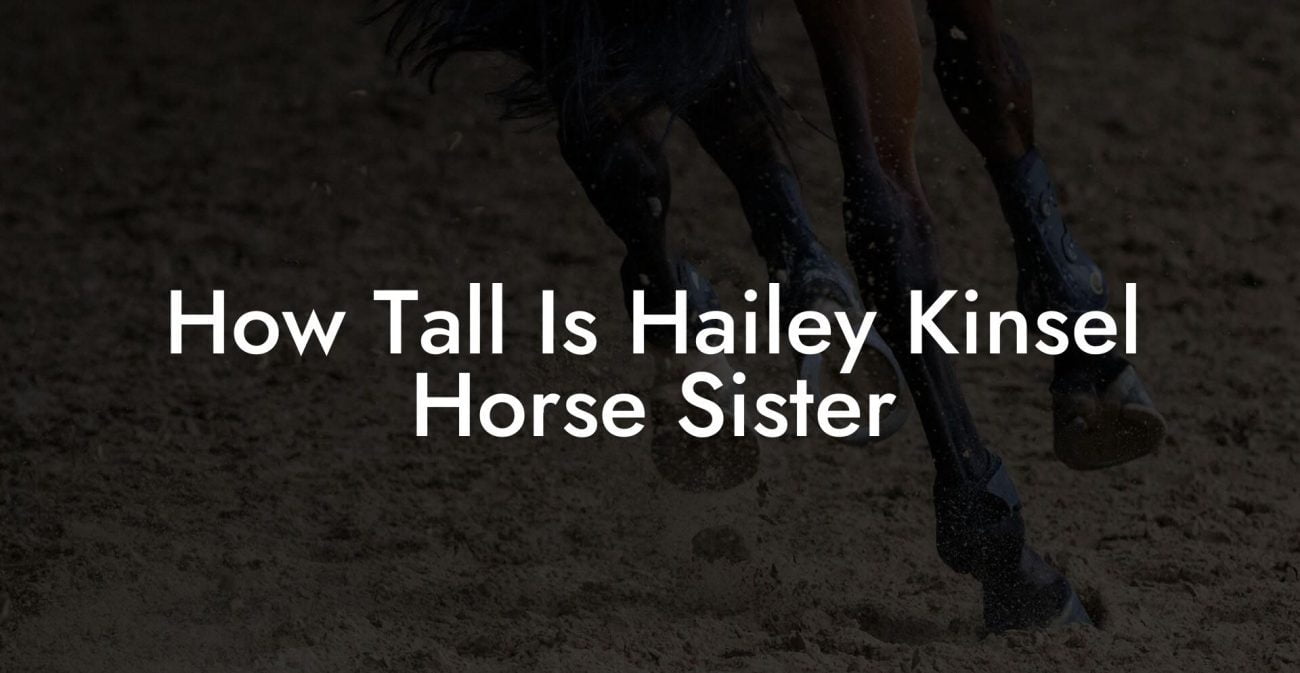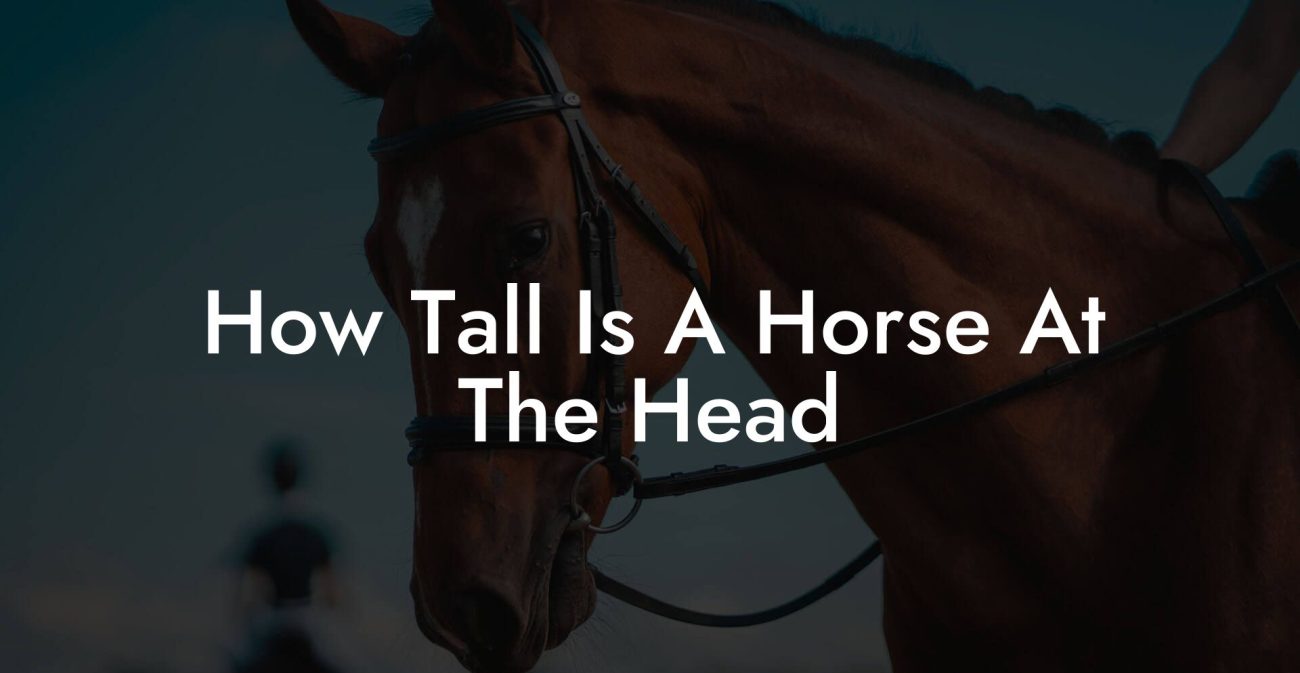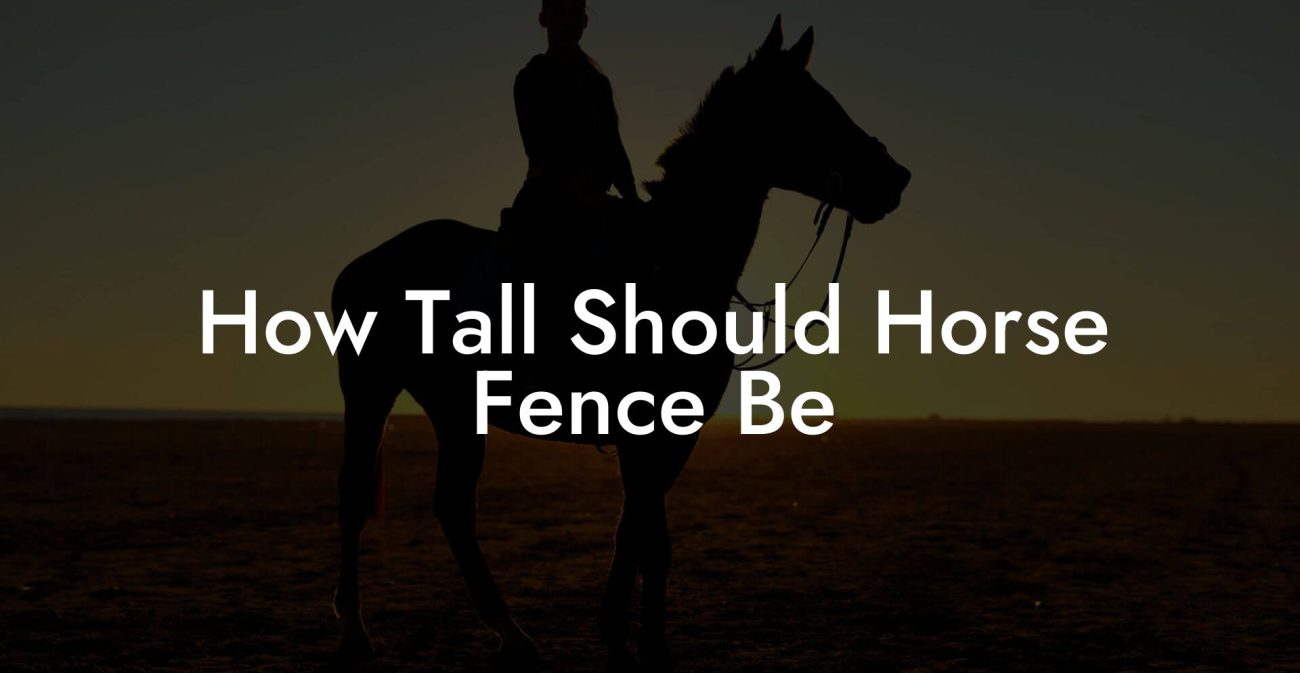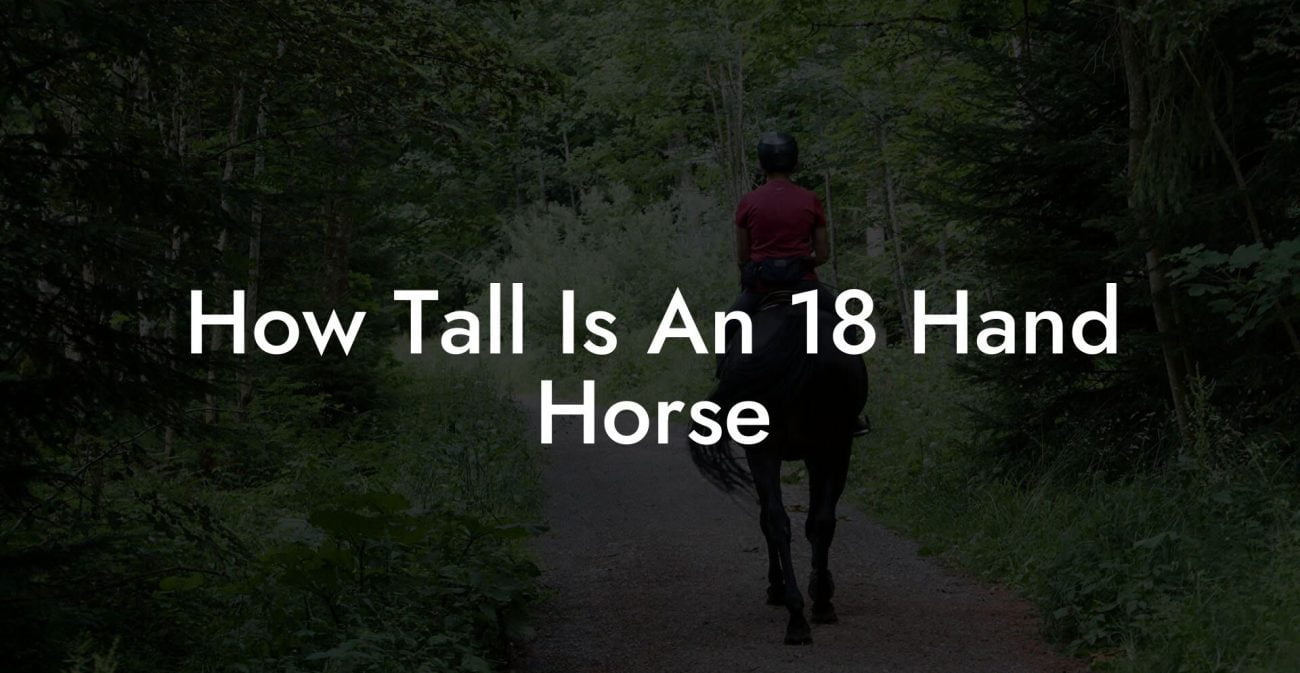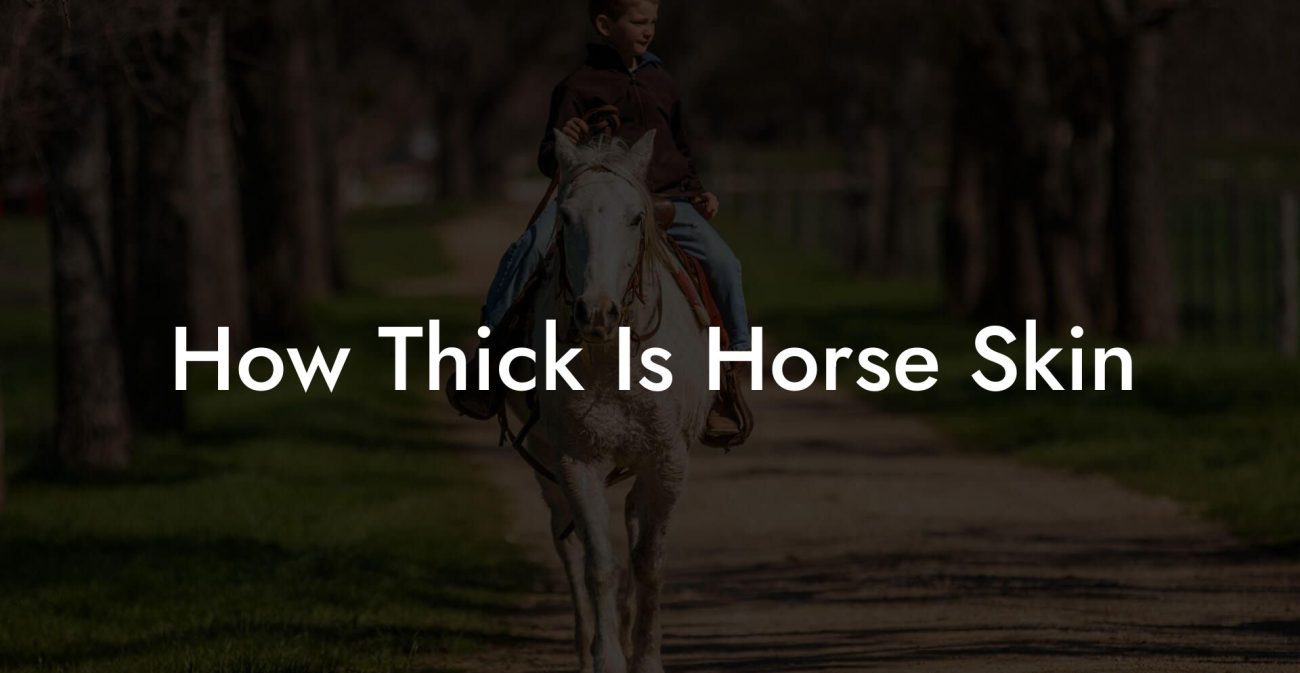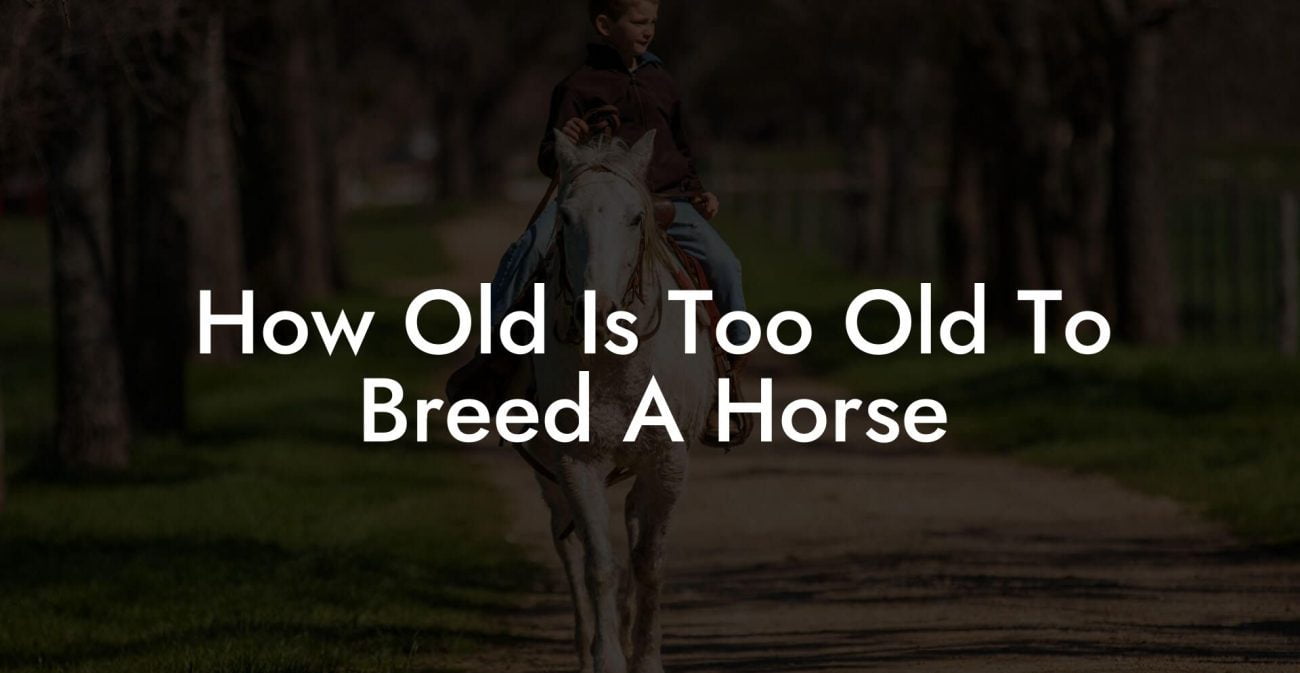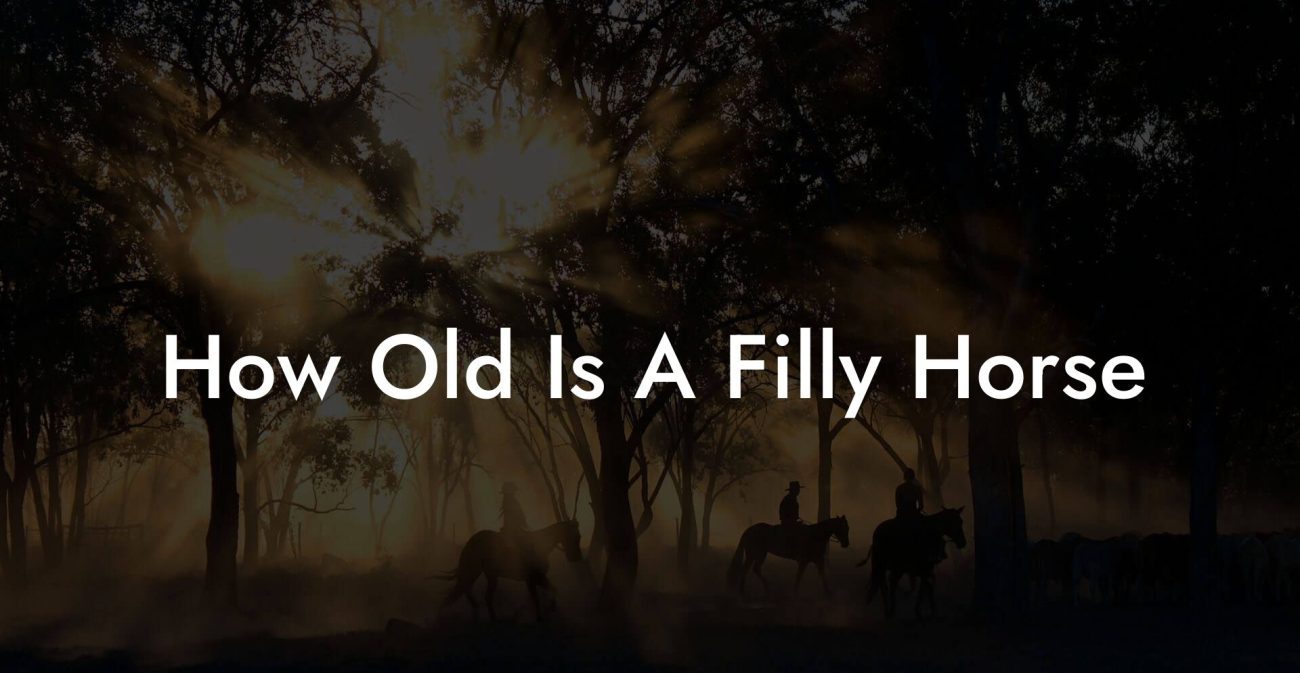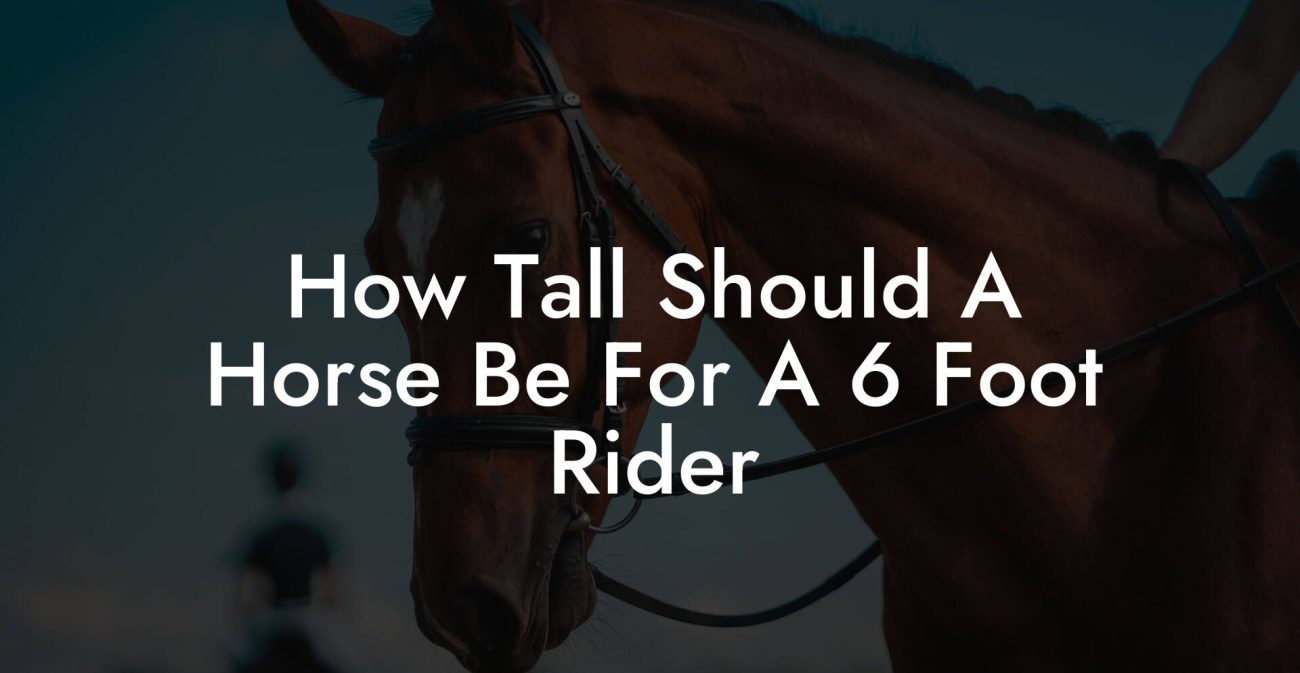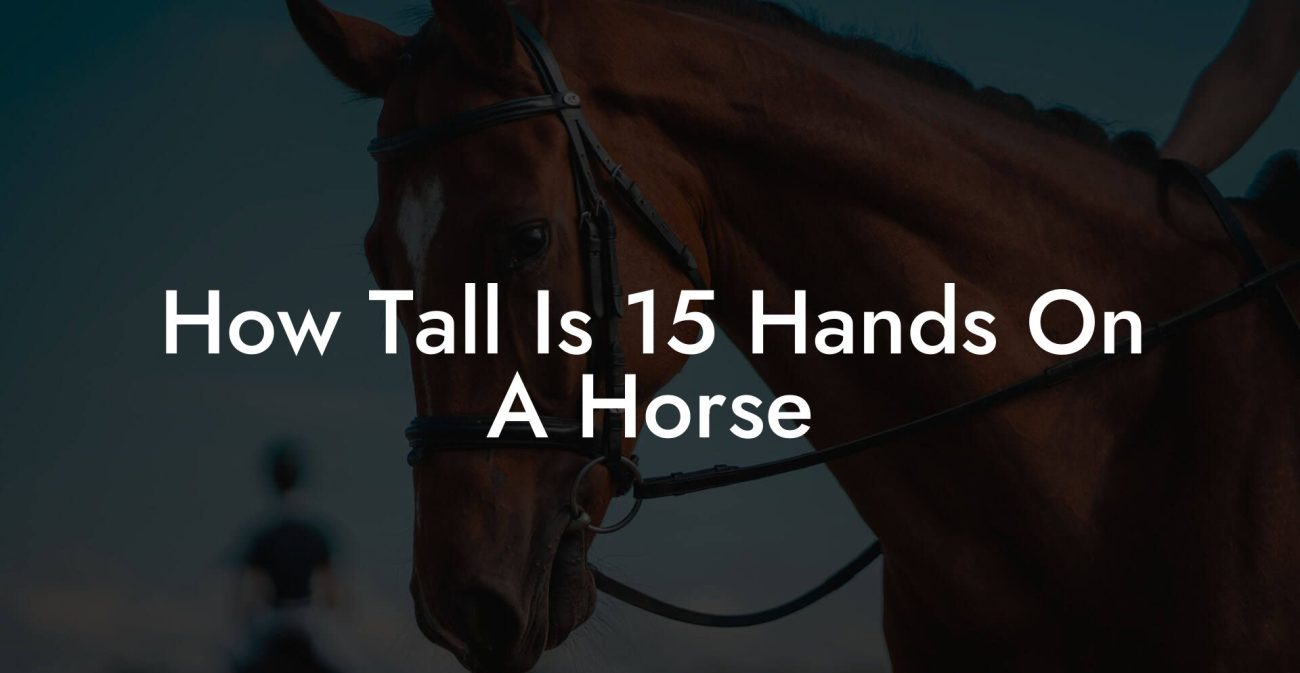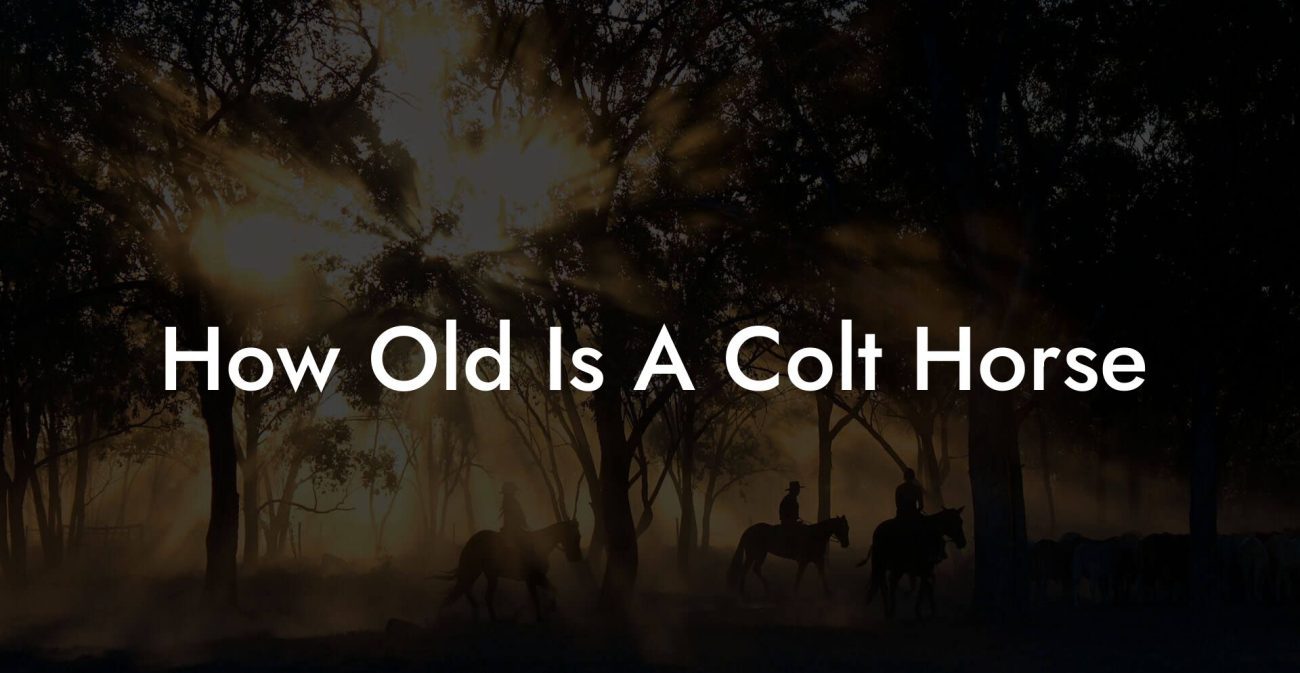Bucking horses can be both a thrilling and terrifying experience for horse owners and riders alike. It's essential to understand why these majestic creatures buck and how to safely navigate through such situations with confidence and ease. In this comprehensive article, we will dive into the world of bucking horses and explore essential tips and tricks for bucking horse management and rider safety. Saddle up and get ready for an informative and exciting ride!
Bucking Horse And Rider Table of Contents
Understanding the Reasons Behind Bucking
Before we can tackle dealing with a bucking horse, it's crucial to understand why horses buck in the first place. Essentially, bucking is a natural defense mechanism used by horses to protect themselves from predators or perceived threats, such as an uncomfortable saddle or an unbalanced rider. Common causes of bucking can include:
- Pain or discomfort from tack or equipment, such as a poorly fitting saddle, too-tight girth, or shifting of the saddle pad
- Physical pain or discomfort, including muscle soreness, back pain, or other injuries
- Excess energy or excitement, especially in younger or high-energy horses
- Fear or anxiety caused by dealing with new environments, other horses, or unfamiliar objects or situations
- Unbalanced riders who use excessive leg pressure or lean too far forward, triggering the horse's instinct to protect itself
- Lack of proper training or disrespectful behavior from the horse, which may require additional training or retraining to correct
Preventing and Managing Bucking Horse Behavior
Addressing and preventing bucking behavior starts with understanding and rectifying the underlying cause. Here are some essential steps for reducing the instances of bucking and ensuring a safer experience for both horse and rider:
1. Ensure Proper Fit of Tack and Equipment
Make sure your saddle, girth, and other equipment are appropriately fitted and comfortable for your horse. Perform regular checks for wear and tear and replace when necessary. It's crucial to consult a professional saddle fitter if you're unsure about the fit or your horse's comfort.
2. Regular Health Check-ups and Maintenance
Have your horse checked regularly by a veterinarian to address any underlying health issues that could be causing discomfort or pain. A chiropractor or equine massage therapist can also help you assess and maintain your horse's physical well-being.
3. Adequate Exercise and Desensitization
Provide plenty of opportunities for your horse to expend excess energy through regular exercise, including lunging, groundwork, and riding sessions. Desensitize your horse by introducing new situations and objects gradually and encouraging a positive, relaxed response.
4. Improve Your Riding Skills
Unbalanced or inexperienced riders can inadvertently cause a horse to feel threatened, leading to bucking behavior. Improve your riding skills by taking lessons, attending clinics, and practicing balance and responsiveness to your horse's cues.
5. Consistent and Respectful Training
A well-trained horse that respects and trusts its rider is less likely to resort to bucking behavior. Establish clear boundaries, use consistent training methods, and build a solid foundation of mutual trust between you and your horse.
Bucking Horse And Rider Example:
Imagine your horse has started bucking every time you apply leg pressure during a riding session. After inspecting your tack and equipment and ruling out any health issues, you realize you've been unconsciously gripping your horse's sides too tightly with your legs due to riding anxiety. Taking riding lessons to improve your balance, confidence, and leg cues, along with desensitization exercises on your horse, could help resolve this issue, leading to a safer and more enjoyable ride for both you and your horse.
Riding is a partnership between horse and rider, and it's essential to address any bucking behavior with understanding, patience, and a firm commitment to improvement. Recognizing the root causes of bucking will help you and your horse enjoy a safer and more harmonious relationship both in and out of the saddle. Remember, a little knowledge can go a long way – and prevent a bucking horse from causing a problematic situation. If you found this article helpful, don't hesitate to share it with fellow horse enthusiasts and explore the other insightful guides on How to Own a Horse.

